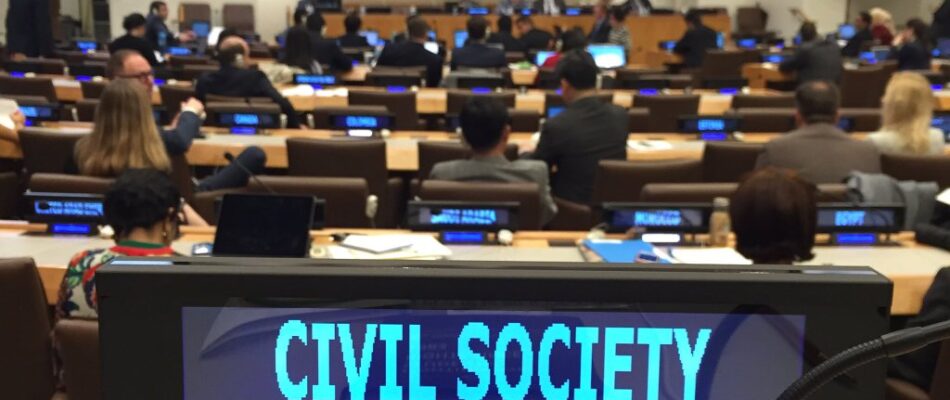
ESU to obtain consultative status before the United Nations
The Committee on Non-Governmental Organizations, standing committee of the Economic and Social Council (ECOSOC) of the United Nations, agreed to recommend the European Students’ Union for consultative status. This will be instrumental for ESU on its work on protecting students’ rights and on our contribution to the implementation of the Sustainable Development Goals.
On 24 May, Fernando Galan, represented ESU at the meeting of the Committee on Non-Governmental Organizations, ECOSOC in New York. After his presentation, the NGO Committee agreed unanimously to recommend ESU for special consultative status.
ESU, will benefit of this consultative status, by being able to attend international conferences and events; make written and oral statements; organise and host “side events” during UN conferences and events; enter United Nations premises and observe open meetings; and have opportunities to network and lobby.
“Today ESU took another step further on its work for protecting students’ rights in Europe and beyond. Through the UN system ESU will be able to better influence and be heard when it comes to the protection of students in exercising their freedom of speech, freedom of assembly, academic freedom and their right to education”, says Fernando Galan, ESU president. “Moreover, enjoying consultative status will help ESU in our work towards achieving the Sustainable Development Goals (SDGs), and in particularly goal 4 to ensure inclusive and equitable quality education and promote lifelong learning opportunities for all”, Fernando continues.
Non-governmental organizations (NGOs) have been actively engaged with the United Nations since its inception in 1945. NGOs contribute to a number of activities including information dissemination, awareness raising, development education, policy advocacy, joint operational projects, participation in intergovernmental processes and in the contribution of services and technical expertise.
The Economic and Social Council is the principal organ that coordinates the economic, social and related work of the 14 United Nations specialized agencies, functional commissions and five regional commissions. It serves as the central forum for discussing international economic and social issues, and for formulating policy recommendations addressed to Member States and the United Nations system. ECOSOC provides NGOs the opportunity to be heard by a truly global audience and contribute to its agenda.
The Economic and Social Council, at its next meeting in July, will review all recommendations, take note of the NGOs Committee’s report and make the decisions final. It is only after the recommendation becomes an ECOSOC decision that ESU will be formally granted the consultative status.
